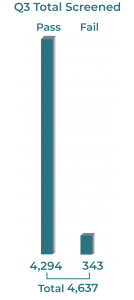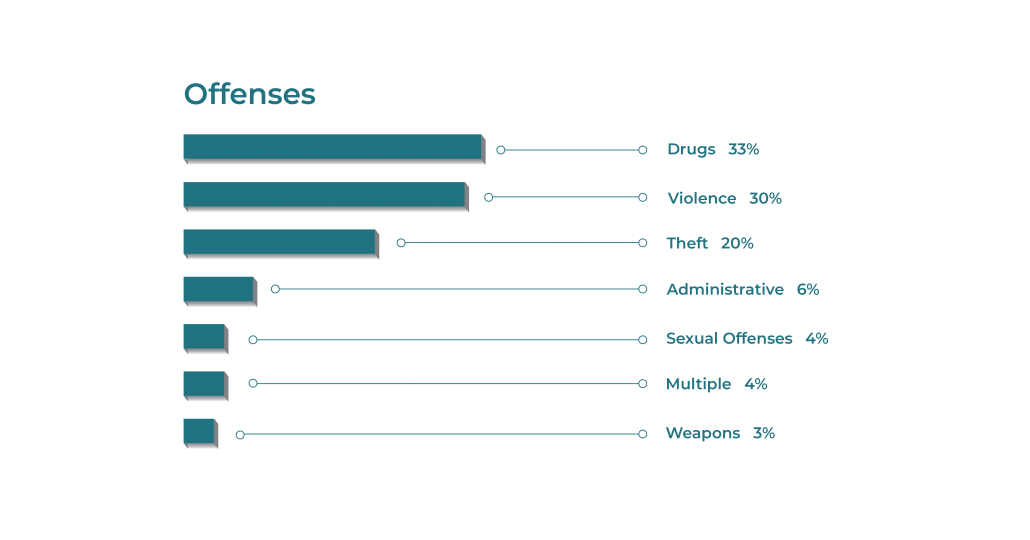What To Do Before You Run an Employee Background Check
Established companies and new businesses alike must manage workplace safety and avoid fraud to stay secure. Background checks offer protection and peace of mind as you bring new people into your organization. However, developing an effective screening system to run an employee background check is sometimes easier said than done. Regardless of where your organization is in its development, it’s worthwhile to reflect on your background screening practices.
In order to help your company reap the benefits of background screenings while staying compliant with consumer protection laws, make sure you complete the following before screening applicants.
Create a consistent screening policy
Work with your HR department to build a comprehensive hiring process that includes your background check procedures. You can create a flow chart of the proper steps to take and how to proceed in different situations.
Vague background check practices may cause your hiring team to treat applicants’ reports differently, which can lead to legal trouble. To stay consistent with the Fair Credit Reporting Act (FCRA), you must follow a strict process when taking adverse action—the removal of applicants from consideration because of their background report. So, if that process is already in your procedure, your hiring team will respond correctly.
Hire an FCRA-compliant, PBSA-certified credit reporting agency
The FCRA determines proper background check practices, and you must follow its guidelines to protect your business from negligent hiring charges. According to the FCRA, you need written consent from anyone you want to screen. And you have to explain your reasoning if you take adverse action. Under the FCRA, applicants have the right to know what information is in their report and they can dispute anything they deem incorrect.
Compliance is crucial, and the best way to guarantee a legal hiring process is to hire a reputable screening agency. Hence, the best agencies are FCRA experts that help you navigate its requirements with ease.
The Professional Background Screening Association (PBSA) determines the ethical and performance standards for the screening industry. So, if a consumer reporting agency has PBSA approval, it meets ethical standards and can be considered a trustworthy company.
See from the perspective of your applicants
Background checks are an increasingly common part of job searches. Applicants likely complete a screening for every job they apply for, and the FCRA empowers them to take an active role in the process. Your candidates will be familiar with the screening process and may have questions you should be prepared to answer.
Make sure your applicants feel comfortable asking questions, voicing concerns, seeking clarification and viewing their results upon request. Therefore, by preparing yourself to meet applicants’ needs, you’ll help them build trust with your organization and expedite the hiring process.
That’s the first steps in learning how to run an employee background check. Learn more about employment screening and how you can improve your hiring process by contacting the One Source Client Relations Team.

 The Quarter 3 Report shows the OSCC program has continued to increase safety for many organizations. In Quarter 3, the total number of applicants screened reached well over 4,500 applicants. From this total, 343 applicants did
The Quarter 3 Report shows the OSCC program has continued to increase safety for many organizations. In Quarter 3, the total number of applicants screened reached well over 4,500 applicants. From this total, 343 applicants did 